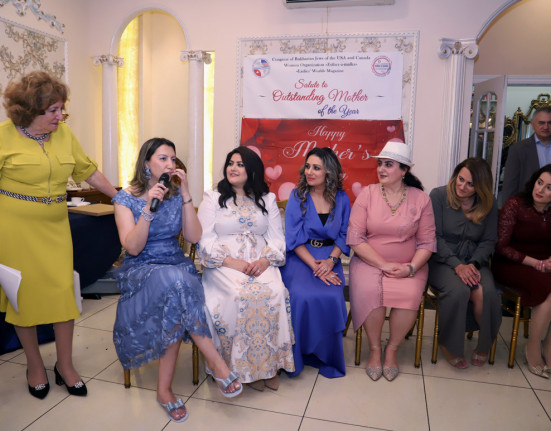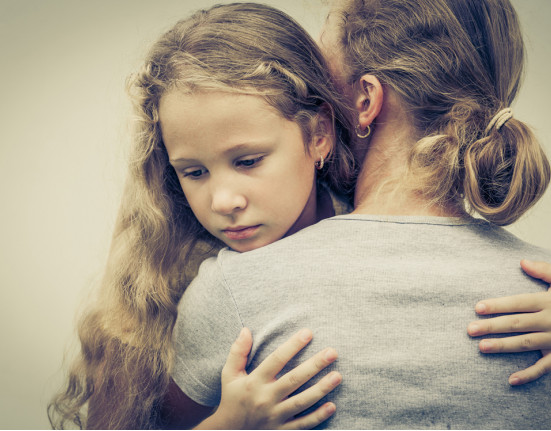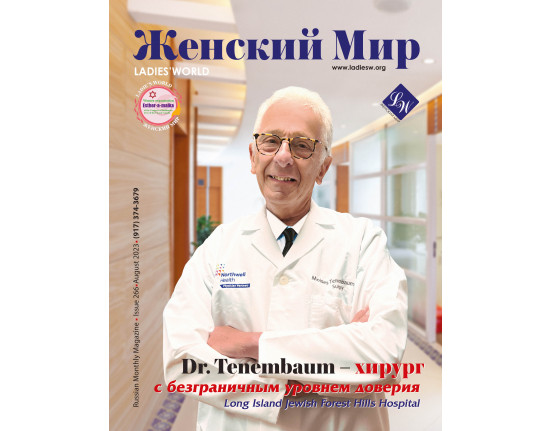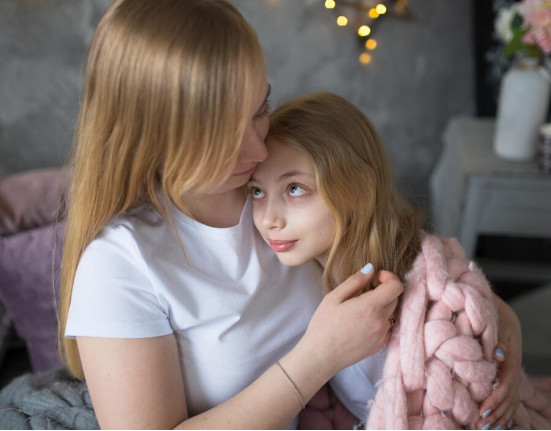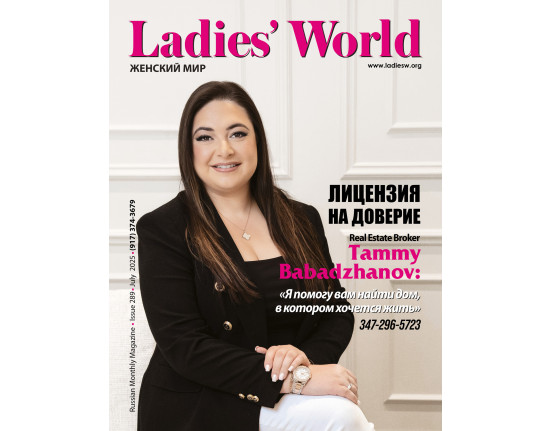We
spend months – sometimes years – planning the perfect proposal, crafting
elaborate weddings, and capturing flawless photos. But when things get hard in
marriage, we walk away in weeks. Why is it that we’ll fight for a moment, but
not for a lifetime?
This isn’t about guilt. It’s about grit. If we can pour so much effort into the wedding, why don’t we exhaust every tool – every counselor, timeout, boundary, and bridge – before we say, “I’m done”? Because what comes after the breakup isn’t glamorous. It’s lonely. It’s hard. And most of the time, it’s harder than the marriage we walked away from.
Over
the past few weeks, I’ve had countless conversations with women in our
community about one of the biggest challenges we’re facing: the rising rate of
divorce. We pour endless time and money into preparing for the wedding, but
when the marriage starts to shake, there’s no system in place. No guidance. No
process. Just whispers, blame, and eventually, papers.
We need
to change that.
Getting
divorced should not be easier than getting married. Just as we have engagement
prep, we need divorce prep – not to trap couples, but to protect them from
impulsive decisions during emotional overwhelm. This includes mandatory
counseling, family mediation, emotional timeouts, and yes, even temporary
separation before a permanent one is considered.
And
parents – this is for you, too. Stop saying “my daughter deserves better” or
“my son deserves better” the moment things get hard. Mothers-in-law especially
respect the boundaries of a married couple. The only advice that should be
offered is financial help if needed, or words of praise and encouragement.
Nothing more. Don’t judge their marriage through the lens of your own. Please
don’t project your struggles or assumptions onto their story.
Our
children are living in a different generation. Be their anchor – not their echo
chamber.
Because
here’s the truth: marriage is hard. And divorce is hard. Pick your hard. Both
come with challenges – but one still offers the hope of growth and healing,
while the other leaves deep wounds that don’t always heal clean.
And
let’s talk about what happens after divorce. In today’s world, the odds
of finding a Jewish spouse again – especially with children – are far lower
than we admit. Too often, people begin looking outside of Judaism for partners
who they feel will treat them with more kindness, empathy, or respect. And who
can blame them? When someone feels broken, judged, or unsupported, they
naturally seek warmth – even if it means leaving their roots behind. But this
slow drift is costing us generations. It’s not just about a broken home – it’s
about a future where Jewish families and traditions fade quietly away.
This
isn’t just an article. This is a call to action. A plea to community leaders,
rabbis, and families, let’s implement new standards for what happens before a
Get is granted. Let’s make counseling the norm. Let’s slow down the unraveling
before it’s too late.
The
wedding is meant to be the beginning of a lifetime of commitment, happiness,
and togetherness – through ups and downs, not just until the first hiccup. But
right now, we’re treating it like the end.
Sincerely yours, Zoya Aminov










